Beyond automation: Thailand HR Tech explores the human side of HR transformation

As technology reshapes the world of work, Thailand HR Tech 2025 invites leaders to co-create a future built on trust and purpose.
Shaping the intelligent age: Thailand HR Tech 2025 sets the stage for future-ready HR

From AI strategy to mental health tech, the Thailand HR Tech Conference & Exposition 2025 explores how people and innovation can thrive together.
Thailand to raise minimum wage and launch new tax breaks in 2025
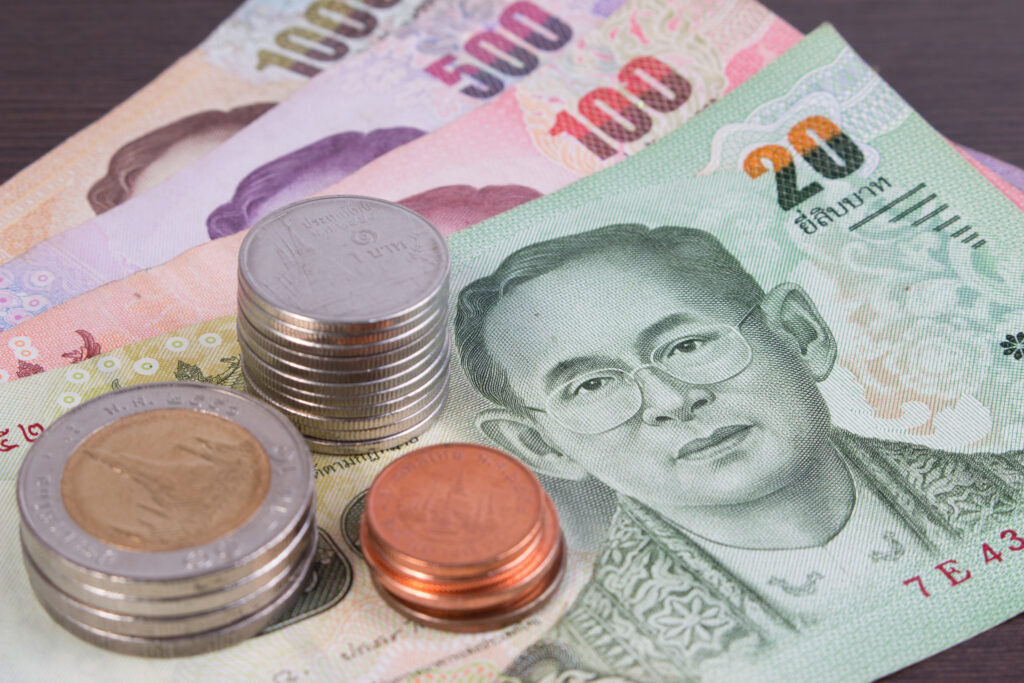
Thailand’s selective minimum wage hike balances regional economic disparities, with five areas receiving 400 baht and others averaging 2% increases.
BTS acquires SEAC to bolster SE Asia talent development footprint

Following a US$7.5 million acquisition, SEAC’s team of over 50 experts will join BTS, integrating into BTS Thailand and enhancing BTS Group’s solutions.
G-Able partners Workday to elevate employee experience

G-Able unifies HR with Workday Human Capital Management (HCM) to streamline operations for global expansion and boost workforce productivity.
Thailand HR TECH 2024 to showcase AI-driven leadership

The Thailand HR TECH 2024 explores technology’s role in leadership, sustainability, and wellbeing with over 100 global experts.
Keeping agile and continuous communication key to HR leadership
Sasiwimol Arayawattanapong, UOB (Thailand), and recipient of HR Leader of the Year award, shares what the accolade means to her and her career.
Fostering a culture of inclusivity and excellence in HR

The win as Employer of Choice demonstrates UOB Thailand’s commitment to fostering employee morale, retention, and business success.
New wage hike will affect small firms: Thai tripartite committee
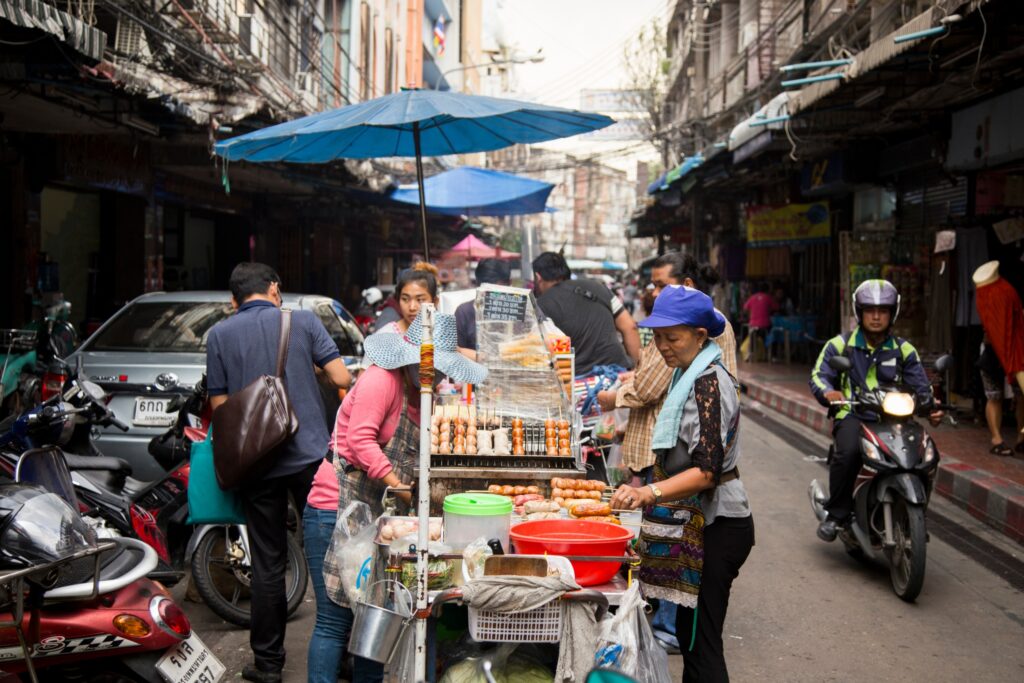
The push to implement higher wage hike soon after the most recent one went into effect will affect small firms harder, says Thai tripartite wage committee.
Thailand sees various new minimum wage rates go into effect

New minimum wage rates have now taken effect in Thailand across different regions, with different rate variations to accommodate the needs of these areas.
Employees in Thailand seek non-monetary benefits in jobs
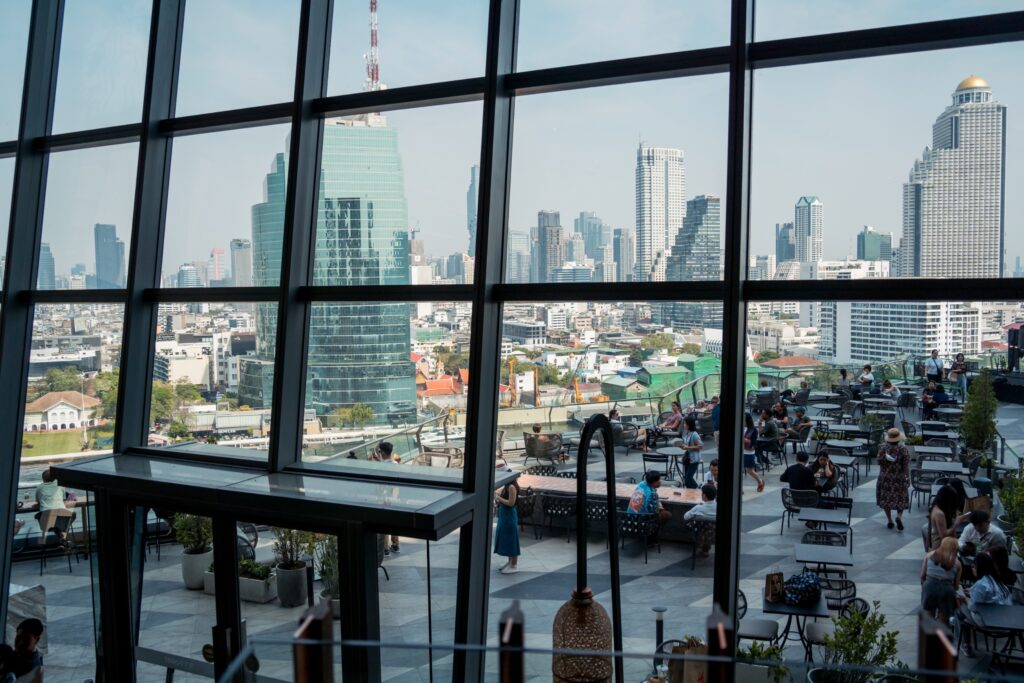
As Thailand shifts to a more digital-focused job market, more employees are shifting their focus to benefits beyond financial compensation.
Thailand maintains modest minimum wage hike
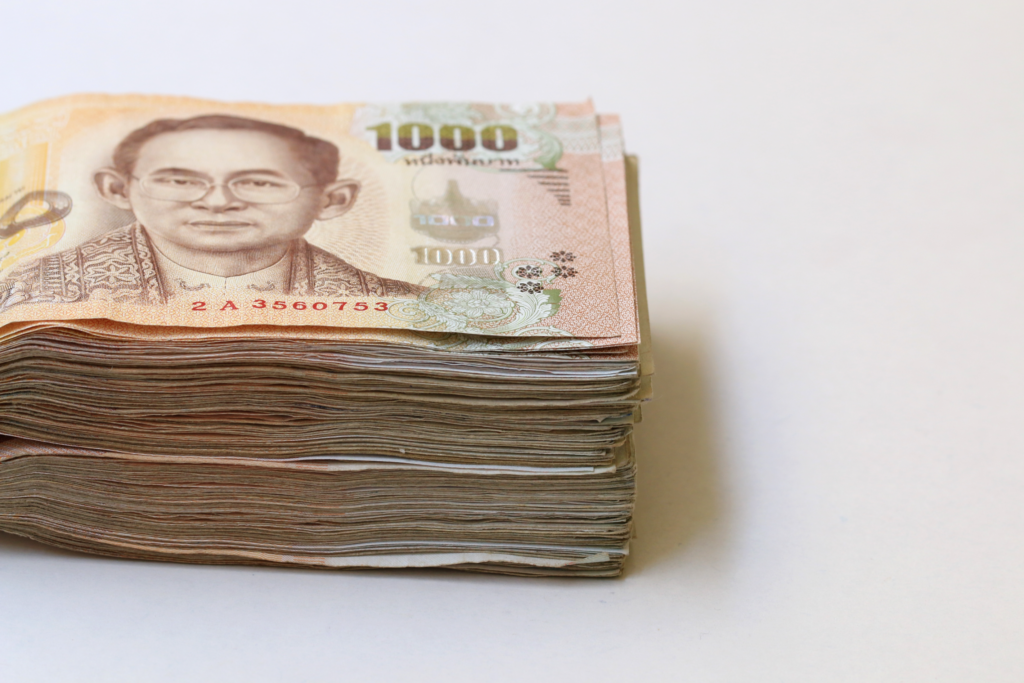
Thailand affirms a minimum wage adjustment between 330 to 370 baht despite the Prime Minister’s push for higher thresholds.
Minimum wage hike stalled in Thailand

Thailand’s PM Srettha Thavisin expressed dissatisfaction with the wage hike proposed, deeming it insufficient to tackle living costs.
Work-life balance a priority for employees in Thailand

Employees in Thailand continue to seek jobs that push for work-life balance and wellbeing, and leaders can do more to push for organisational change.
SE Asia defines economic slowdown with salary growth projected for 2024

With hiring optimism prevailing, positive salary growth is on the horizon for employees in South-East Asia in 2024.
Thailand’s contract employees demand equal working benefits
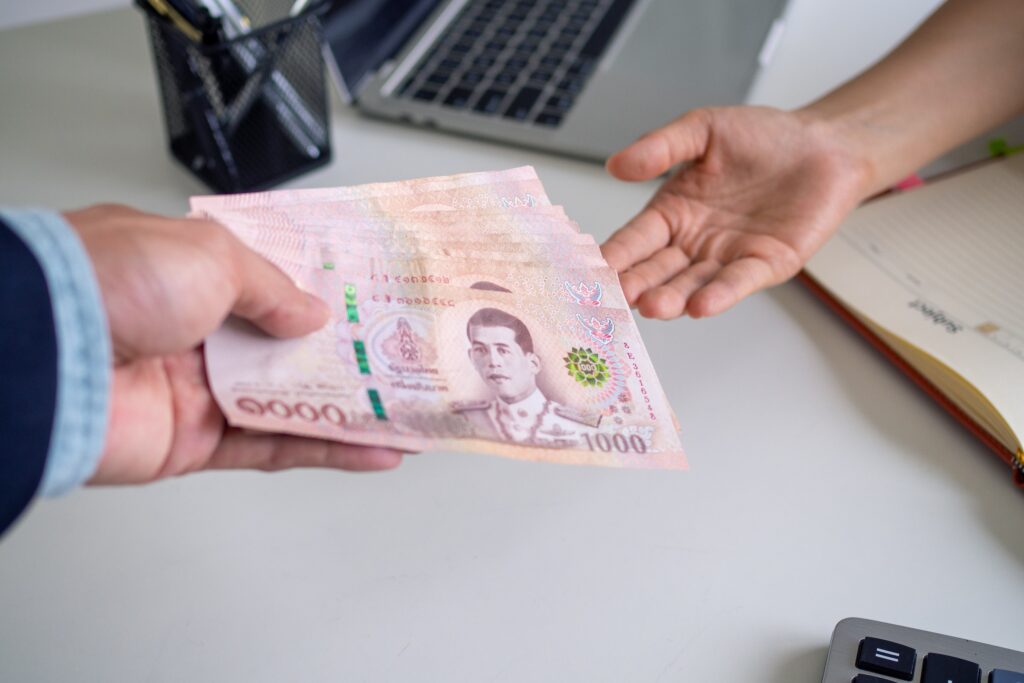
Labour groups in Thailand are supporting contract employees who want an end to short-term contract employment due to unequal treatment.
Proposed minimum wage hike in Thailand receives backlash
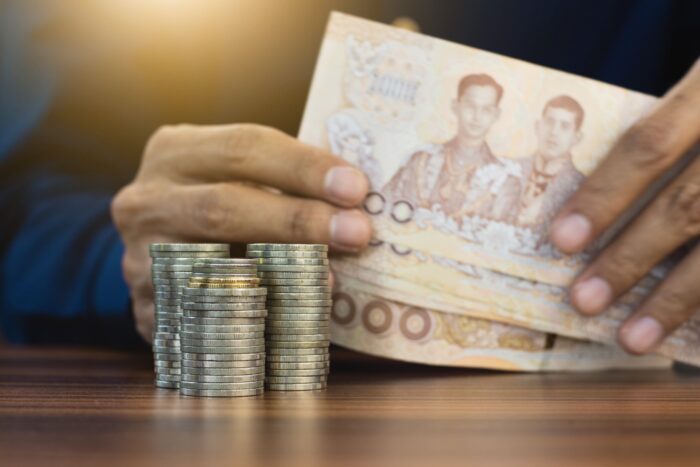
Economists and employer groups are cautioning that an excessive minimum wage raise will be detrimental for both employers and employees alike.
More employees in Thailand may be about to delay retirement
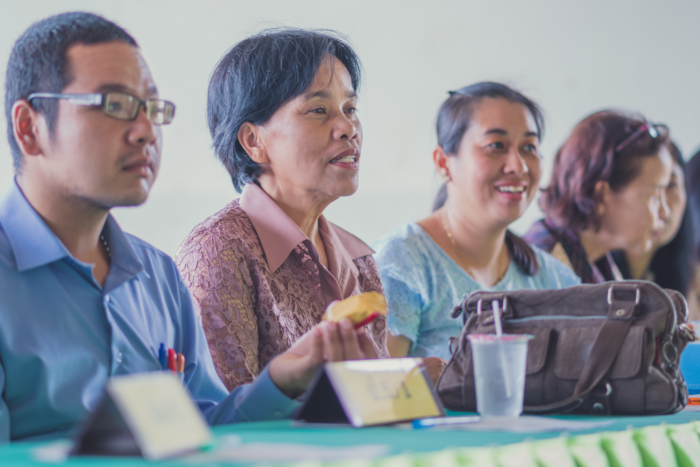
A growing ageing population and labour shortage has fuelled more discussion over the possibility of raising the retirement age beyond 55.
Public employees in Thailand given salary payment options
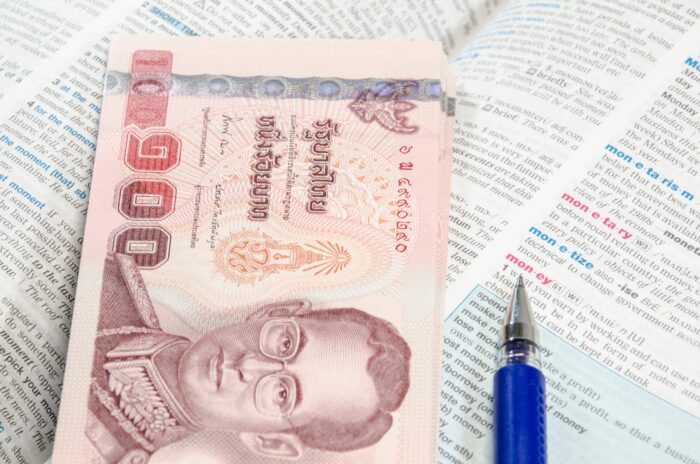
A new salary payment scheme was recently announced, which would have seen public employees paid every fortnight.
Thailand’s employment growth moderates in Q2’2023

Between April and June, the country’s labour force increased by 1.7% to 39.7 million, led by non-agricultural sectors like hotels and restaurants.
Incoming Thai government urged to reconsider minimum wage raise
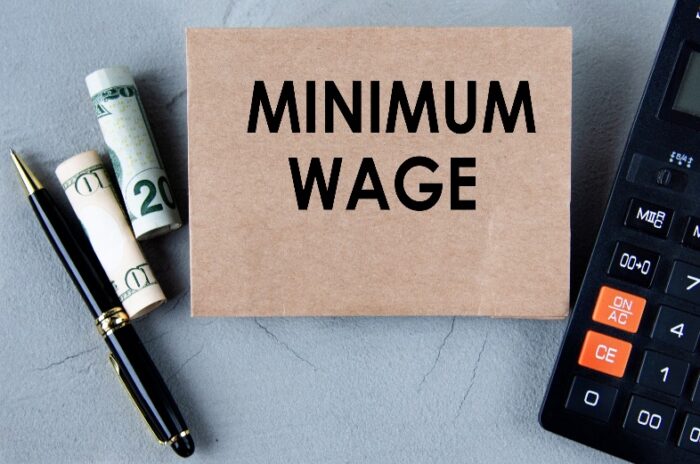
Raising the minimum wage too quickly can jeopardise the sustainability of many small businesses and cost job losses, said the Federation of Thai Industries.
Employees in Thailand afforded more freedom to choose where to work

The amended Labour Protection Act sets out the terms and conditions to define the work-from-anywhere concept in Thailand.
Delivery riders in Thailand want equal benefits
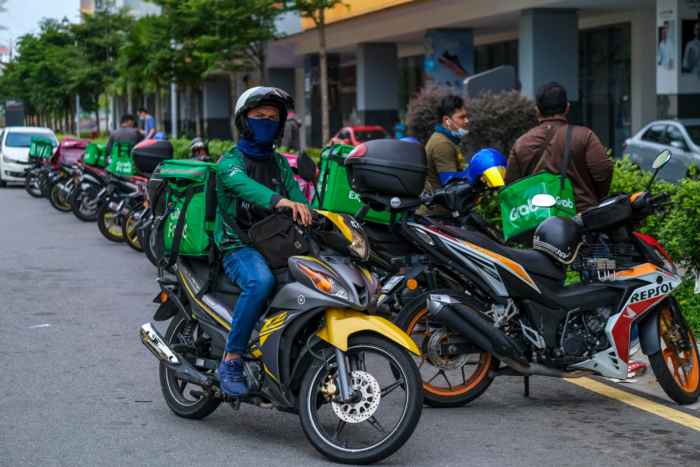
Independent food delivery riders in Thailand are advocating for equitable employee benefits and support while facing work hazards.
Employees in SEA reluctant to speak up about mental health concerns

Organisations can do more to create a psychologically safe work environment that improves employee engagement, performance, and retention.
PropertyGuru names Disha Goenka Das as CMO

Her responsibilities as CMO include brand strategy, corporate communications, and environmental, social, and governance (ESG) initiatives.
Salary hike expected for employees in Thailand

A projected salary increase of 4.5% across all industries can be expected for the next two years as companies offer higher wages to attract talent.
Thailand urges workers to upgrade their skills

Thai workers must be upskilled as the government reaffirms its commitment to the Eastern Economic Corridor (EEC) project.
Thailand aims for more smoke-free workplaces
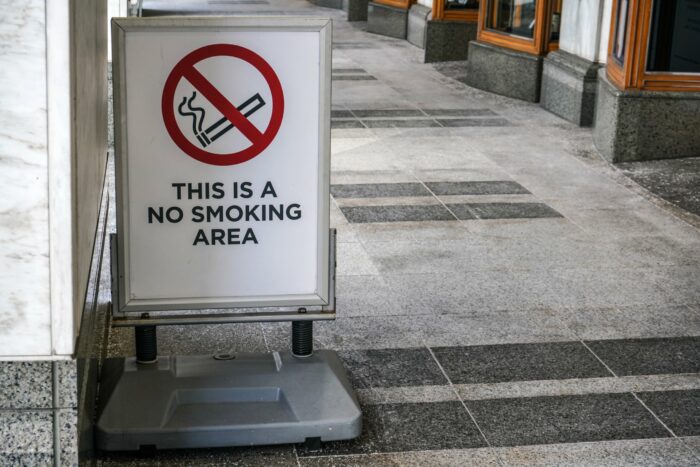
The Health Promotion Foundation wants to add to the 2,000 workplaces around the country that are already non-smoking premises.
Thailand creates employment opportunities for older workers

To tackle an ageing society, more job offers and placements are available to workers over 60 who want to continue to work.
Thailand considers abolishment of daily employment
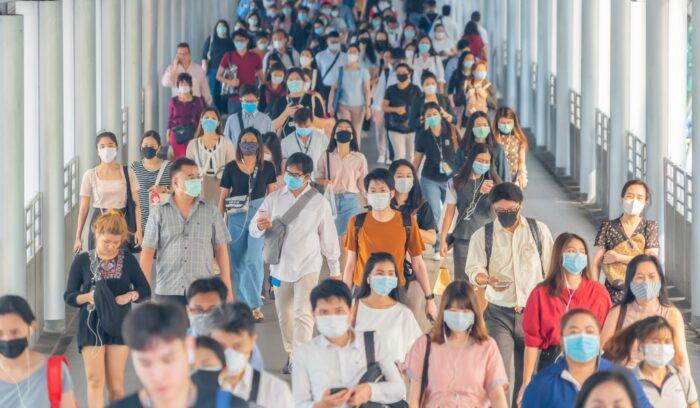
An amendment to the Labour Protection Act has been proposed to abolish temporary and daily employment and upgrading the status of workers.
